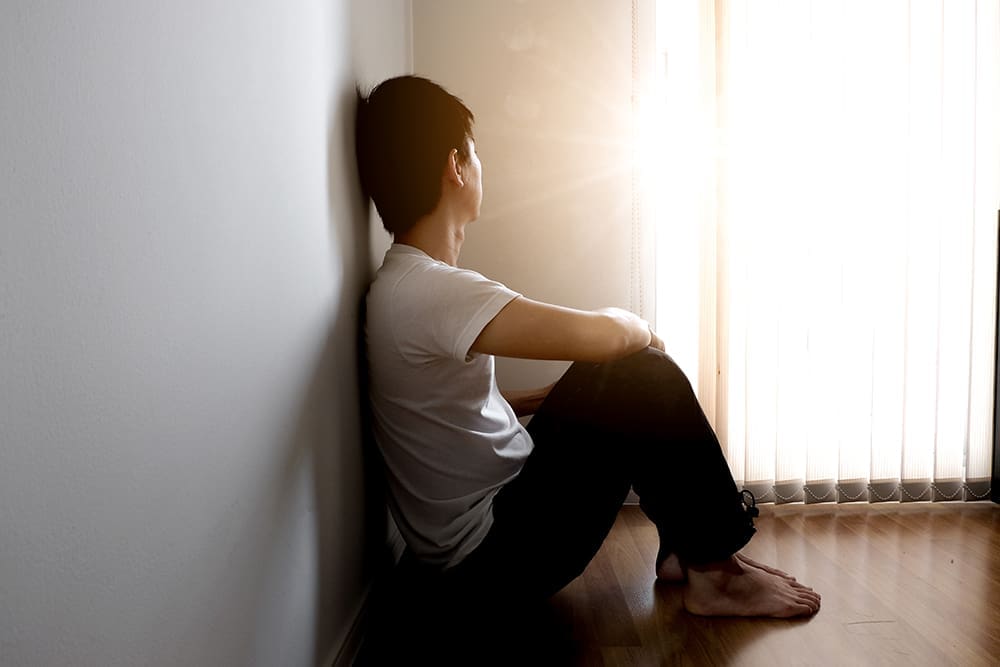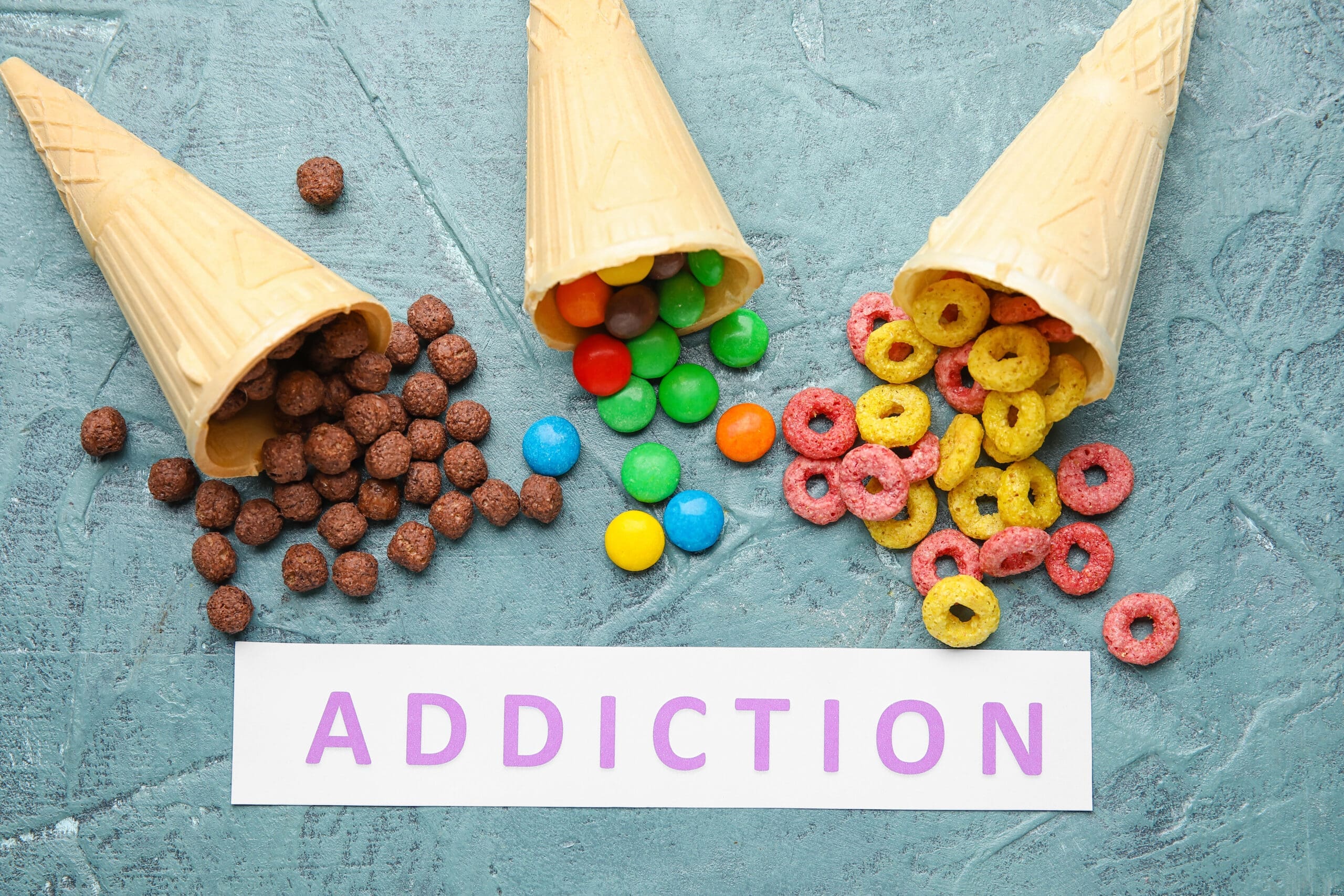It’s an incredibly hard realization to come to – your teen is using drugs or alcohol. Are they just experimenting with friends? Or are they spiralling downward into addiction? As a parent, it is up to you to spot the signs of addiction, talk to your teen, and get them help. Doing so protects their future. It also can save them from a lifetime of addiction.
How Common Is Teen Drug Use?
The statistics are sobering. According to the National Institute on Drug Abuse:
- 46.6% of surveyed 12th graders said they used some type of illicit drug in their lifetime. 36.8% reported doing so in the last year.
- 61.5% of seniors reported using alcohol at some point in their lifetime. 55.3% reported doing so in the last year. Nearly 3% reported doing so daily.
- 16.8% of seniors reported binge drinking (5 drinks or more in a row) in the previous year.
- 43.7% of seniors reported using marijuana at some time in their life. 35.2% stated they did so in the last year.
The statistics for Adderall, Ritalin, hallucinogens, and amphetamines all show similar figures. By the time many teens enter 12th grade, they have used drugs at least once.
Could Your Son or Daughter Be Using?
How do you know when your son or daughter is using drugs? What signs can show you it’s time to get help?
#1: Withdrawing from Friends, Family, and Things Once Loved
Teens using drugs may hang out with people from a different crowd. They may stop engaging in activities like sports, music, or dance even if they’ve enjoyed them for many years. They tend to disengage from close relationships and pull away from family and friends. While some desire for independence is natural in teens, this drive to isolate will be more pronounced in a teen who is using substances.
#2: Isolation
As drug addiction takes hold and dependence develops, many people begin to isolate themselves. They use alcohol or drugs alone. They spend more time sleeping or just remain in their room all of the time. Over time, the only thing that is important is finding access to those drugs. They may do so at any cost.
#3: Slipping Academic Performance
Parents may also start to notice changes in a child’s academic performance. If the student used to get As they may now be getting Cs. If the child was getting Cs, now they are failing. Look for patterns here. Most often, this shift happens in all classes. The teen simply cannot keep up with the work and requirements of their education because of their addiction.
Also, look for changes in sports performance. A 9th grader that was once a track star may be failing to make his or her own records. The football player isn’t showing up to practice like they used to. Look for changes in behavior that indicate the teen isn’t doing well.
#4: Uncharacteristic Anger and Outbursts
One thing that’s very common for teens using drugs is unpredictable and sometimes angry behavior. This is often the case after a teen develops an addiction and dependence occurs. When they don’t have access to those drugs, the brain reacts in a negative, agitated state. It needs the drugs or alcohol to function ‘normally.’ When this happens, your teen may yell, lash out, and blame others. They may also become violent.
This type of behavior can escalate quickly, especially if access to drugs and alcohol continues to be difficult. That’s why it is so important to seek out help. Recovery mentors can help parents know how to talk to their teen and where to turn for help.
#5: Changes to Physical Appearance
Teens change and go through various wardrobes and looks. But teens using drugs and alcohol may start to show a marked decline in physical appearance or behaviors, such as:
- Shaking or tremors
- Bloodshot eyes
- Flushed cheeks
- Poor hygiene habits
- Significant changes in weight
- Unusual smells on clothing or breath
- Nosebleeds
- Bruises, sores, and track marks on arms
#6: Secretive Behavior
Some teens isolate. Others start hiding everything. That may include locking doors or having an outburst of rage if a parent opens their car door. They may disappear for long periods of time. They may be elusive about where they are spending the night. They may miss class or ask for money, often without an explanation (or with a lie).
#7: Changes at Home
Parents also need to look for changes in their home. That may include medications disappearing from the bathroom cabinet or alcohol missing from the liquor cabinet. In addition to this, look for drug paraphernalia such as eye drops, lighters, smoking devices, and wraps. You may notice missing prescriptions.




